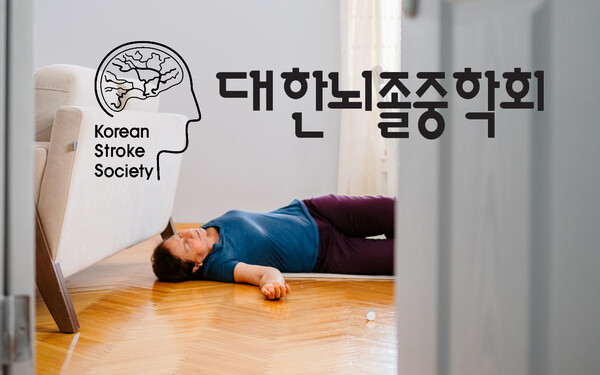Concerns have emerged that the government's planned restructuring of tertiary hospitals could lead to an "acute stroke treatment void," experts warned.
If the restructuring proceeds without reclassifying stroke, currently categorized as a general treatment condition, to a specialized treatment condition, 80 percent of acute stroke patients will be unable to receive treatment at tertiary hospitals, they said.

On Monday, the Korean Stroke Society emphasized that the government should change the Korean Diagnosis Related Group (KDRG) classification system for stroke before its pilot project for restructuring tertiary general hospitals.
The society said that if the restructuring pilot project, which will reduce the number of general beds by up to 15 percent and increase the proportion of critically ill patients by more than 50 percent, is implemented, stroke patients currently classified as "mild" will not be able to receive treatment at tertiary general hospitals.
"Some 80 percent of acute strokes are treated with intravenous thrombolysis or stroke intensive care unit treatment in the hyperacute phase, but are currently classified as general medical conditions, such as headaches, allergies, and hives," the society said. "Increasing the share of critical care at tertiary hospitals to 50 percent could result in stroke patients currently classified as general medical conditions not being treated at tertiary hospitals."
The society noted that the current number of acute stroke patients, more than 110,000 per year, could increase to 320,000 per year by 2050.
"Raising the threshold for critical care in tertiary hospitals without improving the treatment classification system will be counterproductive to building a safety net for treatment within the stroke golden time," it added.
"The recent departure of stroke doctors from major hospitals is also due to this problem," said Professor Lee Kyung-bok of the Department of Neurology at Soon Chun Jyang University College of Medicine, the society’s policy director. ‘It is also possible that tertiary hospitals that need to increase the share of patients in specialty treatment groups will reduce or abandon stroke care."
"Why do you think large hospitals have avoided establishing regional emergency medical centers? That’s because emergency cardiocerebral diseases, including acute severe cerebral infarction, are not specialty treatment conditions and the medical fee is not high," Lee said. "The distorted disease classification system will worsen the shortage of essential medical personnel at major hospitals."
Professor Cha Jae-gwan of the Department of Neurology at Dong-A University College of Medicine, also the society’s deputy chair, said, "If the current disease group classification is maintained, it will limit stroke treatment at tertiary hospitals, which should be in charge of final treatment, and make it difficult to build related medical personnel and infrastructure.
Cha stressed that revising stroke as a specialized disease group is an important task that can no longer be postponed.
"This society will also actively support the government's efforts to build an essential critical care system," he added.

